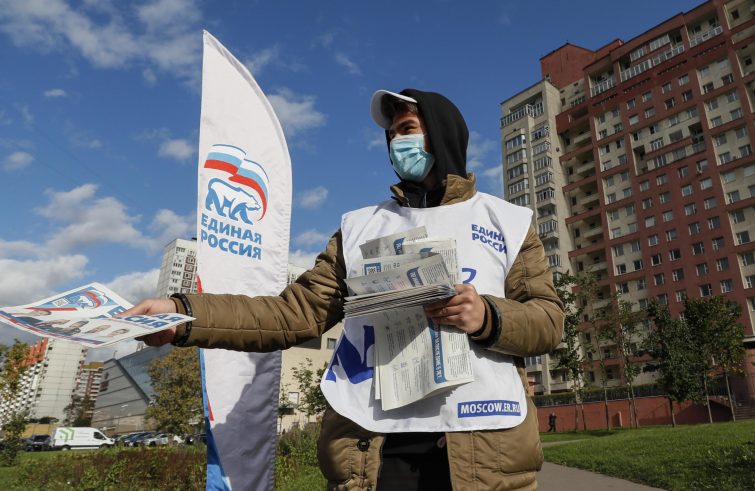
As has been happening for many years now, Vladimir Putin’s United Russia retains a supermajority in Russian elections, dominating the Duma and sparking off widespread protests. The supporters of opposition leader Aleksey Navalny are not the only ones protesting because after the repression of their leader, their networks and regional offices, access was blocked even to their “Smart Vote” platform designed to show voters in different constituencies which opposition candidate was most likely to be elected. In fact, Communist Party leaders, which outperformed United Russia in some districts, claim that they would have gained a lead in Moscow had the electronic voting system used by the vast majority of voters in the capital not been tampered with. In the days immediately after the vote, national media, such as independent Meduza news outlet, as well as The Moscow Times, reported on where and how the vote was rigged, to a far more serious degree than in previous elections. However, according to Central Election Commission chief Ella Pamfilova, these were among the most democratic elections to date, and the number of complaints was the lowest in recent years. SIR asked Pavel Kanevsky, associate professor at the Department of Politics and Sociology of Political Processes (Moscow State University), to comment on the outcome of the vote.
 What will be the composition of the Duma in the light of the 17-19 September elections?
What will be the composition of the Duma in the light of the 17-19 September elections?
Although many parties and candidates are not happy with the result, Russia’s ruling party has retained its supermajority in parliament. They did lose some seats compared to the previous elections, but the general picture will not change [324 as opposed to 343, ed.’s note]
However, after many years of four-party composition (United Russia, Communists, Liberals and Fair Russia), New People, a liberal, centre-right political party, has managed to pass the 5% election threshold. But it’s still too early to say whether it will form part of the opposition.
My guess is that they will have an independent voice on a few specific issues, but they will not oppose the “main policy” of the ruling party. Communists will continue being the most vocal opposition party, but they remain a minority and will not pose a challenge to the ruling party.
Has any new element emerged from these elections with respect to the Russian political debate?
I would argue that it has become more lively despite the fact that many candidates were not allowed to participate in the elections. People are very much involved in political debates, I think we are seeing the development of a civic culture, which is unfortunately occurring under a very restrictive political system. Hopefully these discussions will not vanish into thin air, but rather act as a driving force for more active and rational participation of civil society.
There has been strong criticism in Russia not only from Navalny’s supporters but also from supporters of the Communist Party: were these fully democratic elections?
The democratic legitimacy of the elections is obviously being questioned. But frauds are very hard to prove, especially in the case of online voting.
United Russia would have gained a majority in any case, but perhaps it would not have been a super-majority as it is now.
Are the majority of Russians happy with the way things are going, or would they not react if they weren’t?
People obviously are not happy for a number of reasons: slow economic growth, declining wages, deteriorating living standards. The pandemic has precipitated many negative processes, people cannot plan for the future. The fact is that the people have no way of solving these problems, large segments of society are inactive and they rely on the government. So the basic question is about the mechanisms needed to change this; it’s not just an institutional question, but also a cultural one.
On September 21 the European Court of Human Rights ruled that, according to the British enquiry, Aleksander Litvinenko was poisoned with the help of Russia. What are your thoughts on this?
It’s a decision of the European Court and I don’t think it’s a coincidence that this decision comes at a time when Russia-EU relations and relations between Russia and the West have reached a new low.









